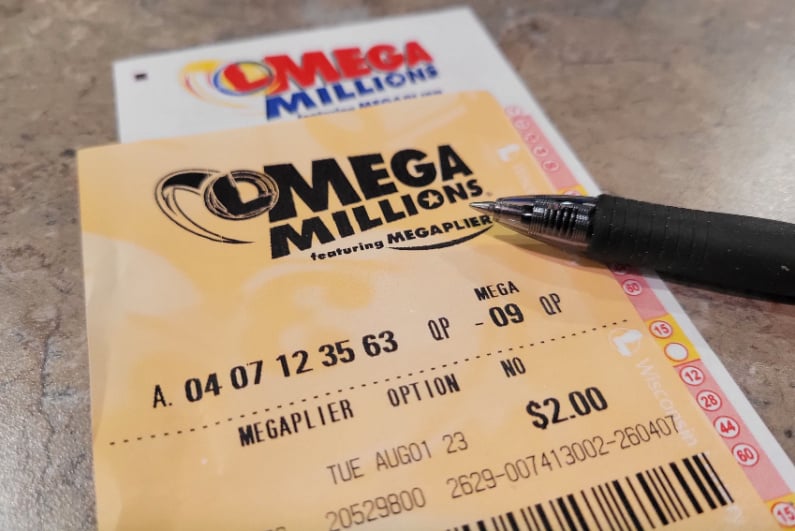Claims ex violated NDA
A billion-dollar lottery winner in Maine who has to this point remained anonymous is at risk of losing his identity shield should he continue with a lawsuit against his ex.
signed a non-disclosure agreement (NDA) with the mother of his child
The man won $1.35bn in Mega Millions in 2022, taking the lump-sum payment for $724m before taxes. Maine does not technically allow for lottery winners to claim their prizes anonymously, but does allow them to set up trusts and LLCs to claim winnings, effectively protecting their identities. “John Doe” did this and signed a non-disclosure agreement (NDA) with the mother of his child, known only in court documents as “Sara Smith.”
The NDA restricted Smith to telling only their child, her significant other, and financial advisors and attorneys of the lottery haul. In late 2023, the winner sued Smith for $100,000, claiming that she told his parents of the windfall in a phone conversation.
But now, with a trial a possibility, a judge has denied John Doe’s request for closed-door proceedings. A public trial would naturally unveil the man’s identity.
Plaintiff concerned with safety
According to the Portland Press Herald, US District Judge John Woodcock called the man’s request for a private trial a “nonstarter,” adding that the idea “runs hard against historic concept of what the courts are and what they are not in this country.”
A public trial would put the plaintiff in a difficult situation. He filed the lawsuit because Smith allegedly violated their NDA, which they signed so that he could conceal his identity as a now-wealthy man. But a public trial would ruin that.
His attorneys said that “his identity and confidential information would be revealed to the public and the media; he would effectively lose the privacy war and subject himself and his minor daughter to the irreparable harm he brought suit to avoid.”
The plaintiff says remaining anonymous is important because he believes that if people know he is rich, his safety and the safety of his daughter could be at risk.
Judge believes public access is top priority
In addition to his opinion that a closed trial would run contrary to what the legal system stands for, Judge Woodcock did not buy John Doe’s argument that revealing his identity would put him at any unusual risk, at least not risk that would merit a private trial.
a party’s wealth alone is not a legitimate reason to restrict the right of public access”
“By the Court’s reckoning, one of Mr. Doe’s main points is that because he is now wealthy, the consequences of his filing this lawsuit are different for him as opposed to other less financially fortunate individuals,” Woodcock wrote in his opinion. “He fears his new-found wealth will make him the target of an inquisitive and occasionally malevolent people … However legitimate his concerns, a party’s wealth alone is not a legitimate reason to restrict the right of public access.”
The judge added that with his millions, John Doe can easily afford “levels of security and isolation not generally available to the general public.”
The lottery winner presented an alternative option of an audio-only trial using pseudonyms, but Judge Woodcock rejected that, as well.
John Doe has filed an appeal.




